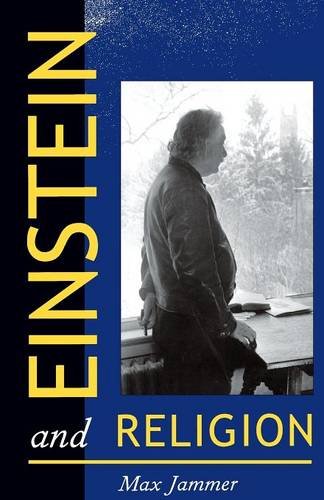
Einstein and Religion
Physics and Theology
- اطلاعات
- نقد و بررسی
- دیدگاه کاربران
نقد و بررسی

August 30, 1999
Given the voluminous literature on Albert Einstein (including more than a dozen biographies in the 1990s alone), it is surprising that so little scholarly attention has been paid to the scientist's religious views. Israeli physics professor Jammer, who knew Einstein personally, shows us an Einstein whose nominal childhood faith turned to atheism while preparing for a bar mitzvah that never took place. From then on, Einstein's religious views were a bundle of apparent contradictions: he corresponded with the world's great spiritual leaders yet disapproved of religious instruction for his sons, arguing that it was "contrary to all scientific thinking." He claimed that "science without religion is lame" but never set foot in a synagogue and requested not to be buried in the Jewish tradition. While eluding definitive conclusions about Einstein's deistic "cosmic religion," Jammer demonstrates that religion fascinated the man throughout his career, prompting him to publish articles in the New York Times and elsewhere. Chapters 1 and 2 profile Einstein's religious development and the controversial reception his ideas found with theologians, rabbis and Christian clergy. The more recondite chapter 3 explores the theological implications of Einstein's theories (Jammer does not exaggerate when he cautions the reader that this section "requires some familiarity with the foundations of modern physics"). Jammer's writing is not always as sophisticated as his ideas; he relies too heavily on long quotations from other sources and abstruse jargon. In all, though, this is a compelling, long overdue treatment of a neglected topic.




دیدگاه کاربران